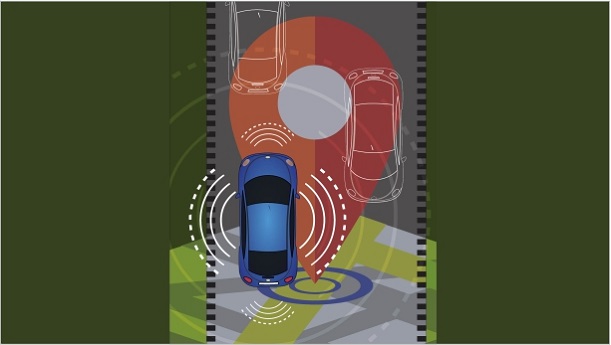
Just as electricity transformed lives upon its discovery, AI is changing and is continuing to change our lives completely. One of the most discussed topics, these days, is the application of AI in the automobile sector.
Log In or become an AIMA member to read more articles
